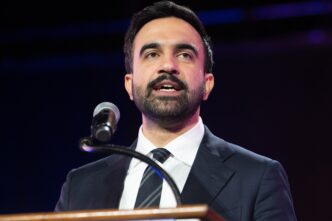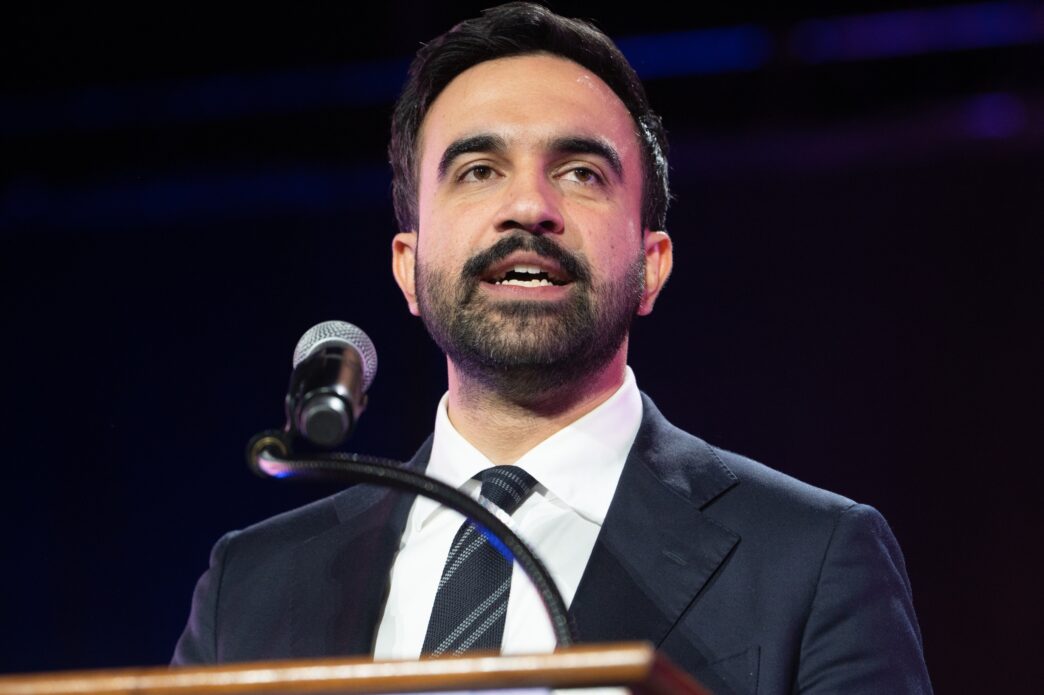Executive Summary
The Story So Far
Why This Matters
Who Thinks What?
Zohran Mamdani was elected New York City’s first Muslim and South Asian mayor on November 4, 2025, a historic victory celebrated by his supporters across the city, particularly in the diverse Jackson Heights neighborhood of Queens. Mamdani delivered his victory speech at the Brooklyn Paramount, emphasizing New York’s identity as a city built and led by immigrants, while local residents gathered at a favorite campaign spot to mark the occasion.
Celebration and Community Pride
As Mamdani took the stage for his victory speech, staff and patrons at Kabab King, a Queens eatery he frequented during his campaign, paused to listen. The restaurant, a local institution in Jackson Heights, became an informal hub for supporters who cheered his words, including his declaration that New York would now be “led by an immigrant!”
The sentiment “Mamdani Mubarak!” echoed among the celebrants, signifying joy for his success. Many expressed hope and excitement at seeing someone who reflects their identity ascend to such a prominent political position.
Mamdani’s Platform and Voter Perspectives
Mamdani’s campaign centered on his biography and deep roots within the immigrant community. His platform as a democratic socialist garnered significant support, though some voters, like homeowner Jamal, expressed a desire for more specific details on proposals such as freezing rent hikes on rent-stabilized apartments, hoping to avoid adverse effects on small landlords.
Voters also highlighted Mamdani’s ability to connect with diverse communities, noting his multilingual approach during the campaign. This quality, combined with his beliefs, resonated as “very New York” to many.
A Reflection of New York’s Diverse Demographics
Mamdani’s election is seen by many as a significant moment for representation, particularly in a city as diverse as New York. Jackson Heights, for instance, is characterized by its large foreign-born population, with substantial Hispanic, Latino, and Asian communities.
According to Sehrish Munir, Mamdani’s victory signals a shift in the political landscape, demonstrating the direction young people in the country wish to go, especially for a city that experienced the aftermath of 9/11 to elect a Muslim socialist South Asian leader.
Karthick Ramakrishnan, executive director of AAPI data at the University of California, Berkeley, noted that South Asians consistently align with the Democratic Party, feeling a sense of belonging and supporting its broader policies beyond issues of race and religion.
Looking Ahead
Mamdani’s historic win as New York City’s first Muslim and South Asian mayor marks a pivotal moment for the city, reflecting its evolving demographics and political aspirations. His emphasis on New York as an immigrant-led city and the widespread community celebration underscore the significance of his ascension for many residents.








